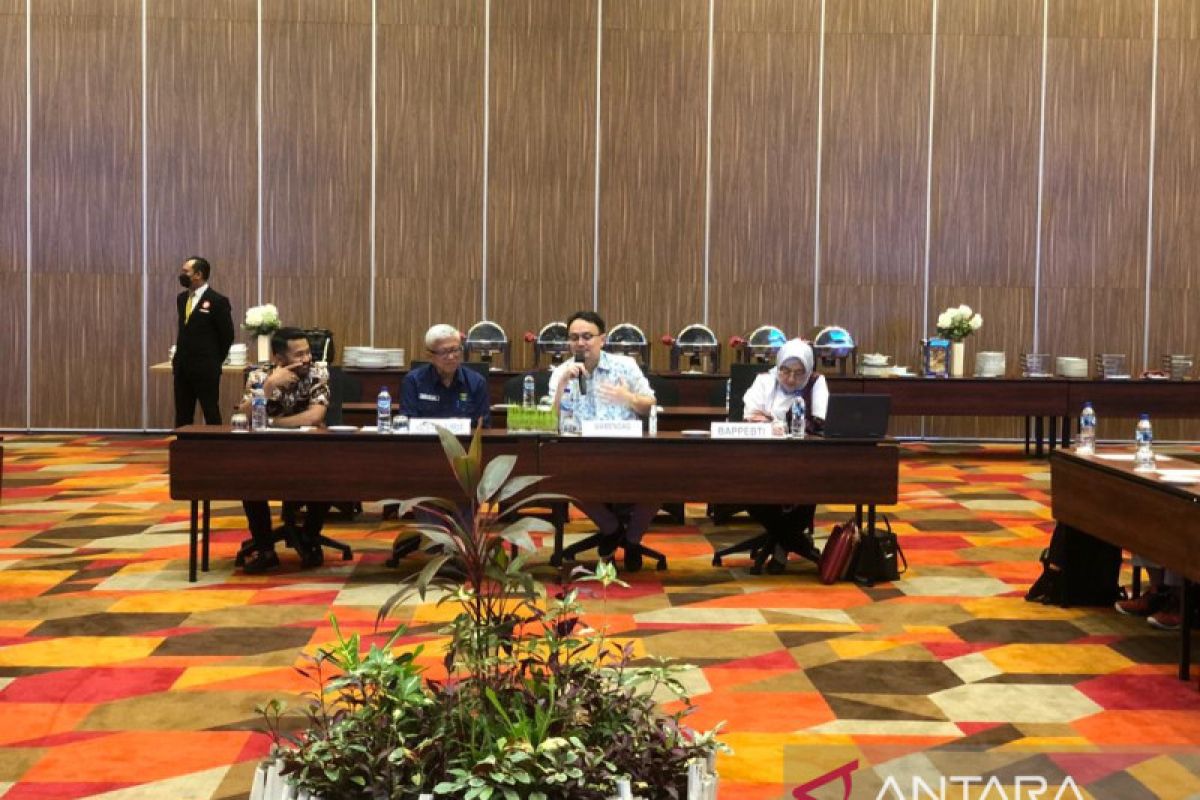Padang, West Sumatra (ANTARA) - The Trade Ministry said that the Warehouse Receipt System (SRG) can empower farmers in the country, including in West Sumatra, to achieve or improve welfare. "The commodities produced are able to provide economic values in the form of collateral that can be used to obtain credit from banks and non-bank financial institutions with low interest," Deputy Minister of Trade Jerry Sambuaga said here on Sunday.
The government encourages farmers, farmer associations, co-operatives, and small and medium-sized enterprises in Indonesia to make maximum use of SRG to increase their productivity. "This (SRG) will increase competitiveness in the national economy," Sambuaga said.
The nation's success in building the commodity sector, especially agriculture and plantation, is determined by the government's ability to offer effective and quick access to financing, he explained. Under SRG, Sambuaga said, consignors, and business actors from the upstream to the downstream sectors, can present their goods or commodities as collateral to obtain financing.
The financing can help consignors' liquidity, such as by determining better prices or enlarging the scale of the business. Through Ministerial Regulation No. 171 of 2009 concerning the Warehouse Receipt Subsidy Scheme (SSRG), the government launched the SSRG program to help farmers get low-interest financing with their warehouse receipts as collateral. Currently, the financing value cap has been increased to Rp500 million from Rp75 million per debtor in Ministerial Regulation No. 187 of 2021 concerning SSRG.
Baca juga: BI-TNI AL sasar 85 pulau 3T selama ERB 2023
Baca juga: Waspadai tekanan inflasi karena kenaikan harga beras
Another ministerial regulation also widens the eligible recipients of SSRG, which in addition to farmers and co-operatives, the program also covers fishers, salt farmers, fish cultivators, forest product farmers, and small and medium enterprises (SMEs).
According to Sambuaga, the government is striving to develop the SRG program for business actors, which requires support from both the central and local governments, independent and professional warehouse managers, supporting infrastructure, marketing networks, and institutions of farmers.








